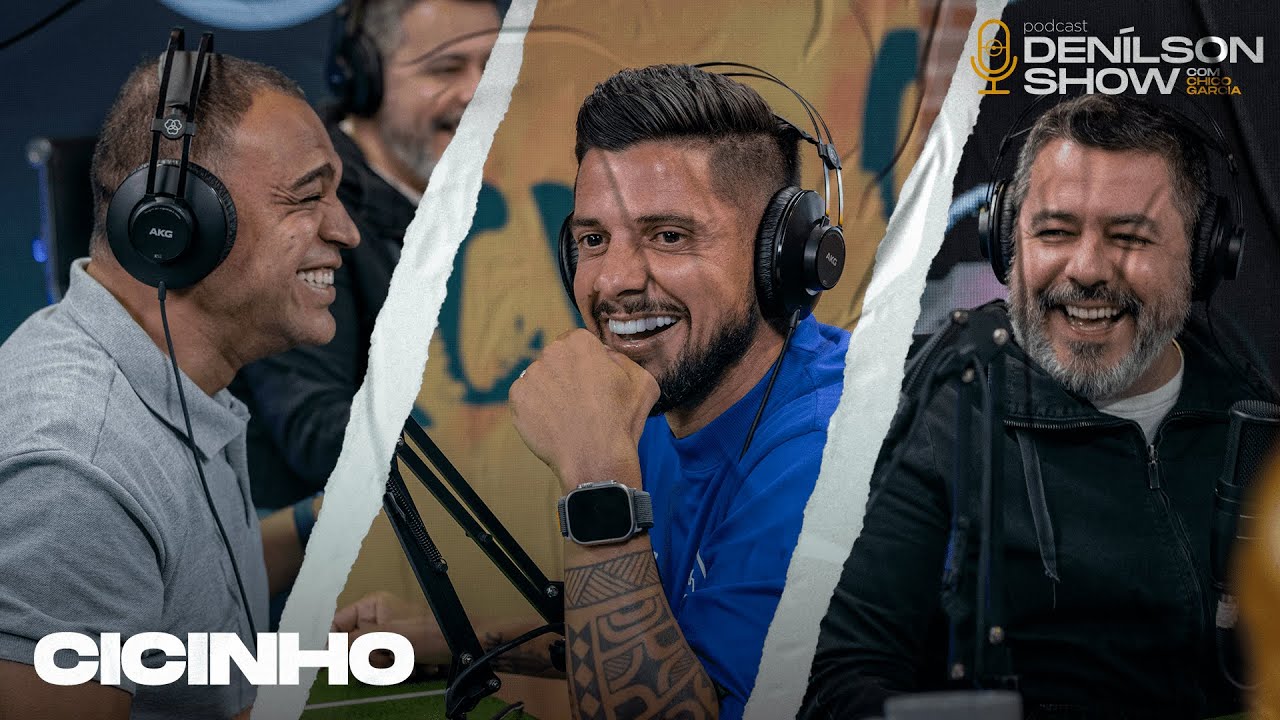Michael Phelps Opens Up About Struggle With Depression | TODAY
Summary
TLDRIn this interview, Michael Phelps, the most decorated Olympian, opens up about his battle with depression despite his swimming triumphs. He discusses his journey, the importance of seeking help, and his advocacy for mental health. Phelps shares his experience with TalkSpace, a mental health service, emphasizing its accessibility and the need to remove the stigma, especially for children. He also talks about being a supportive parent, letting his children choose their own paths without pressure.
Takeaways
- 🏅 Michael Phelps is recognized as the greatest swimmer and Olympian of all time, with a total of 28 medals, 23 of which are gold.
- 😔 Phelps revealed that even at the peak of his career, he struggled with depression, highlighting that mental health issues can affect anyone.
- 👥 An estimated 1 in 5 adults and a similar number of teenagers are affected by health issues, including mental health.
- 🗣️ Phelps emphasizes the importance of seeking help and breaking the stigma surrounding mental health, especially for athletes.
- 👶 He discusses his personal journey and how he hid his struggles well, even during his successful Olympic career.
- 🔧 In October 2014, Phelps went through a particularly low point, not leaving his house for five days and considering ending his life.
- 💡 The turning point for Phelps was realizing that it's okay to ask for help and not be okay, leading him to seek therapy.
- 📱 Phelps is a shareholder and member of the advisory board for TalkSpace, a service that provides accessible therapy through phones.
- 👨👩👧👦 Phelps shares his joy of parenting and his approach to letting his children choose their own paths without pressure.
- 🏊 Phelps does not miss competitive swimming and has no intention of returning to it, focusing on his family and mental health.
Q & A
How many medals has Michael Phelps won in total?
-Michael Phelps has won 28 medals overall.
How many of Michael Phelps' medals are gold?
-Out of his 28 medals, 23 of them are gold.
What personal struggle did Michael Phelps reveal he faced even at the top of his career?
-Michael Phelps revealed that even at the top of his career, he was struggling with depression.
What is the estimated percentage of adults affected by health issues like depression?
-An estimated 1 in 5 adults are affected by health issues like depression.
What is the estimated percentage of teenagers affected by similar health issues?
-The numbers are similar for teenagers, with an estimated 1 in 5 also being affected.
What was Michael Phelps' mindset growing up and during his career?
-Michael Phelps was taught that as an athlete, he wasn't allowed to show weakness and was supposed to be strong and push through anything.
What was a significant moment for Michael Phelps that led to a change in his life?
-A significant moment for Michael Phelps was in October 2014 when he was on his knees and didn't leave his house for five days, contemplating ending his life. He realized he could ask for help and it's okay to not be okay.
How did Michael Phelps start to address his mental health issues?
-Michael Phelps started to address his mental health issues by seeking help from a therapist and opening up about his struggles.
What role does the app TalkSpace play in Michael Phelps' life?
-Michael Phelps uses the app TalkSpace to get help whenever he needs it, as it provides access to a therapist 24/7 through his phone.
What is Michael Phelps' approach to parenting and how does his own mental health journey influence it?
-Michael Phelps finds parenting to be amazing and exciting. He wants his children to live their own lives and do what makes them happy, without any pressure to follow in his footsteps.
Does Michael Phelps miss swimming and would he consider getting back into it?
-Michael Phelps admits to missing swimming at times, but he doesn't see himself getting back into it competitively.
What is Michael Phelps' view on his son Boomer potentially becoming a swimmer?
-Michael Phelps supports his son Boomer becoming a swimmer if he wants to, but ultimately wants him to do whatever makes him happy without feeling pressured to live in his shadow.
Outlines

このセクションは有料ユーザー限定です。 アクセスするには、アップグレードをお願いします。
今すぐアップグレードMindmap

このセクションは有料ユーザー限定です。 アクセスするには、アップグレードをお願いします。
今すぐアップグレードKeywords

このセクションは有料ユーザー限定です。 アクセスするには、アップグレードをお願いします。
今すぐアップグレードHighlights

このセクションは有料ユーザー限定です。 アクセスするには、アップグレードをお願いします。
今すぐアップグレードTranscripts

このセクションは有料ユーザー限定です。 アクセスするには、アップグレードをお願いします。
今すぐアップグレード関連動画をさらに表示
5.0 / 5 (0 votes)






